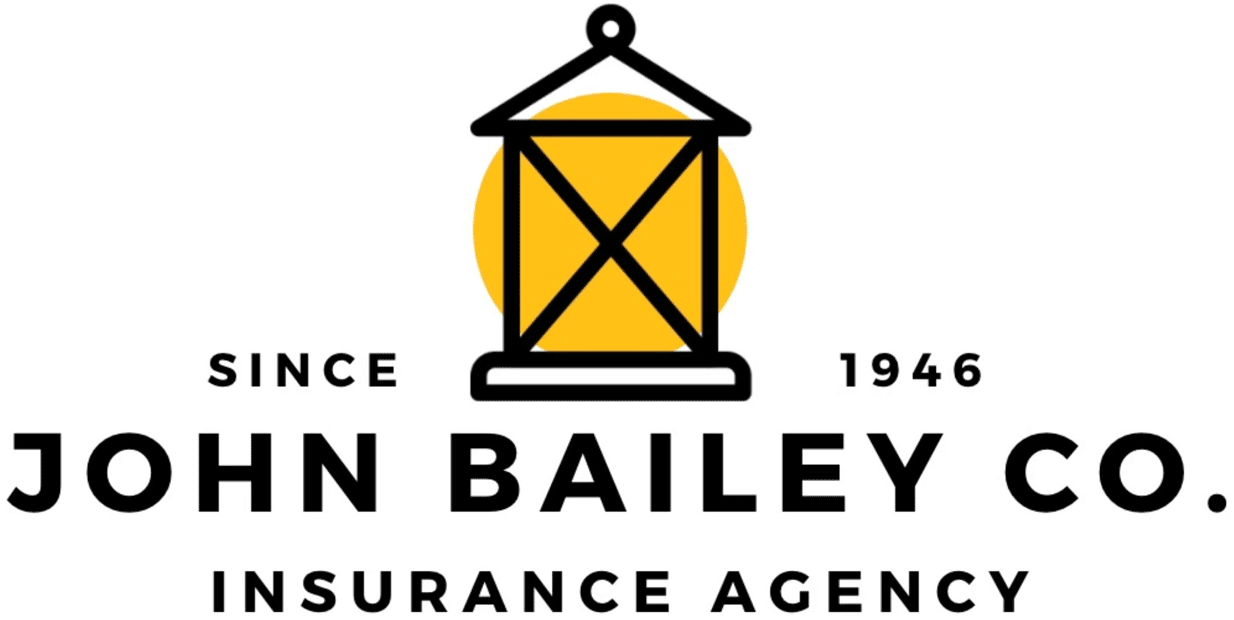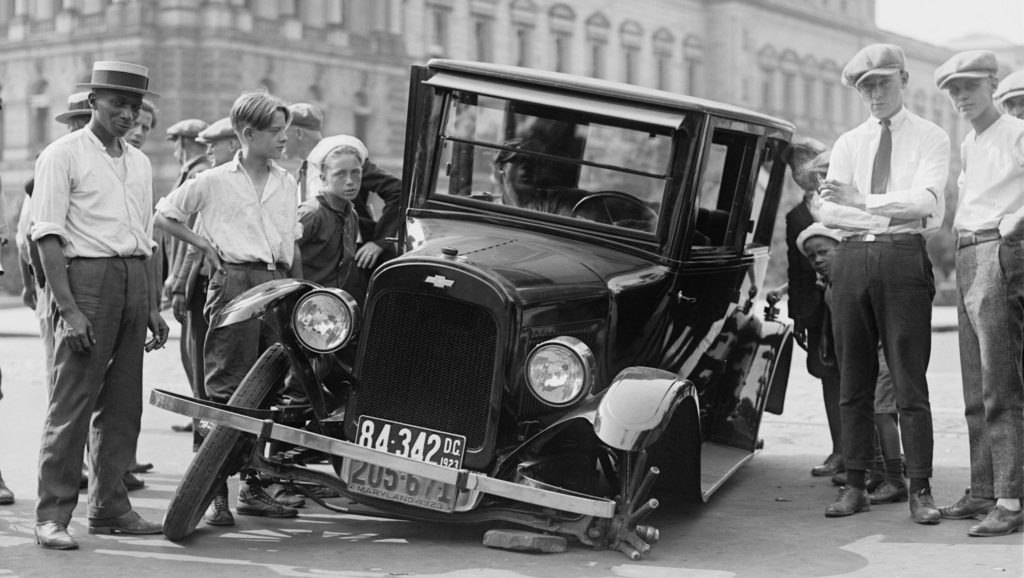Did you buy a new automobile in 2019? If so, then you are one of the 17 million people in the United States who made the decision to purchase a new vehicle in the last 12 months. The news is filled with observations about these statistics. The New York Times offered their observations and J.D. Power published a press release indicating that consumers spent $462 billion on new cars in 2019. But with a new vehicle purchase comes the daunting task of assuring that the purchaser understands their automobile insurance. So, to begin the new year, let’s focus on auto insurance: questions and answers.
A quick look back on the history of Auto Insurance
Depending on your age, you might be under the impression that Auto Insurance has existed forever in the United States. While the automobile, as we know it, was invented in the late 19th century, it was not until the mid 1920s that Massachusetts and Connecticut created the first financial responsibility and compulsory insurance laws. Connecticut required those with autos to prove financial responsibility, while Massachusetts introduced compulsory insurance, as opposed to proof of financial responsibility, requiring automotive liability insurance as a prerequisite to vehicle registration. According to Wikipedia: “Until 1956, when the New York legislature passed their compulsory insurance law, Massachusetts was the only state in the U.S. that required drivers to get insurance before registration. North Carolina followed suit in 1957 and then in the 1960s and 1970s numerous other states passed similar compulsory insurance laws.”
Considering this history, it was most likely the “GI Generation” and their children the “baby boomers” who first had to deal with compulsory auto insurance legislation.
Five important auto insurance questions and answers
Over the years, our John Bailey Company team has published a number of blog posts that deal with many aspects of auto insurance. Today we will focus on the following questions.
- What kind of auto insurance coverage do I need?
Liability Coverage – Protects you from bodily injury and property damage to other people. Uninsured Motorist – Covers your bodily injuries and your car from a driver who does not have auto insurance, or not enough auto insurance. Medical Payments – Used when you and your passengers are injured in a car accident. Collision Coverage – Physical damage to your car when it hits another vehicle or object. Comprehensive Coverage – A covered cause of physical damage to your car other than collision or theft.You might be surprised to learn that many auto insurance shoppers have a limited understanding of what is provided by these coverages. Here is a helpful infographic provided by the Insurance Information Institute (III), which briefly features the above coverages. Keep in mind, if you are leasing or financing a vehicle, then the lienholder will likely require comprehensive and collision coverage, naming them as the “loss payee.” Many insureds question the need for Uninsured/Underinsured Motorist coverage. The Insurance Research Council (IRC) reported in their 2017 study that as of 2015 an estimated one in eight drivers in the United States was uninsured.
- Which life-facts can impact my auto insurance rates?
Your rates will be reflective of you and your lifestyle. Typically when applying for insurance you will be required to provide information about yourself, such as your gender, where you live, marital status, occupation and number of drivers in your household (think teen drivers). Insurers will want to know how much you drive, whether you use your car for work, the type of automobile(s), and where the vehicle(s) will be parked or garaged. Driving history for each driver in the household, good or bad, will be reflected in the quoted rates. The best rule is to be forthright with the facts you provide your agent.
- What should I consider when choosing a deductible?
A deductible, according to NERDWALLET, is a “predetermined amount your insurer subtracts from your settlement for collision and comprehensive claims. If your car repairs cost $5,000 and your deductible is $500, you’ll get a claim check for $4,500. Choosing a higher deductible means cheaper rates, but your insurer pays less if a claim occurs. Deductibles do not apply to liability claims.” Remember, many insureds will think it is a good idea to raise their deductible to lower their rates; however, if the insured does not have disposable or emergency funds to pay a high deductible, then they will find themselves in a financial bind should they be involved in an accident. Bottom line? Choose a deductible that fits your budget and that you can afford to pay.
- How do state laws affect required coverages and costs?
Each state has their own automobile financial responsibility limits, so it is best to discuss this with your agent to make sure you are complying with state laws and if the minimums complement your financial profile and lifestyle. For example, in our home state of Tennessee the required minimum limits for liability car insurance are $25,000 for each injury or death per accident, $50,000 for total injuries or deaths per accident, and $15,000 for property damage per accident. In 2015, the James Lee Atwood Jr. Law was passed by the Tennessee legislature which provides for fining or penalizing uninsured motorists.
- Is it important to review my policy every year?
Our regular readers may remember a post we published National Insurance Awareness Day – June 28, 2019. At the time, we advised our current and future clients to review their policies and coverage lines and to contact us with any questions or concerns. It is helpful for your agent or insurer to know about any life changing events. For example did you recently: marry or divorce, change careers or retire, or move? Any or all of these events can impact the cost of coverage and the amount and types of coverage you may need.
In closing…
Our John Bailey Company is an independent insurance agency and not owned by a large corporate insurance company; therefore, we create and shop our stable 8 “A Rated” auto insurance companies for you. We are here to meet with you, answer your questions, and provide choices on how best to insure your automobiles.
Contact us today for a car insurance quote. Don’t forget, we are here to help you insure a great life.

